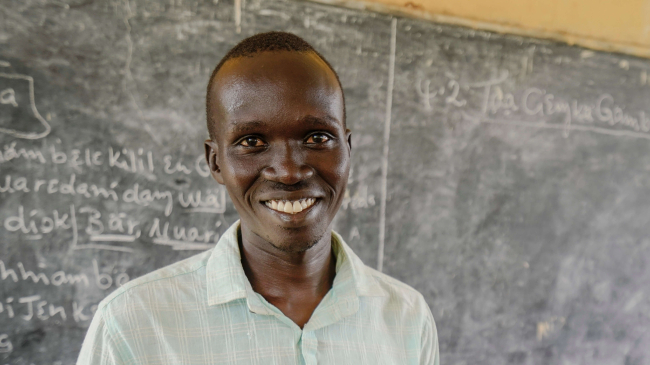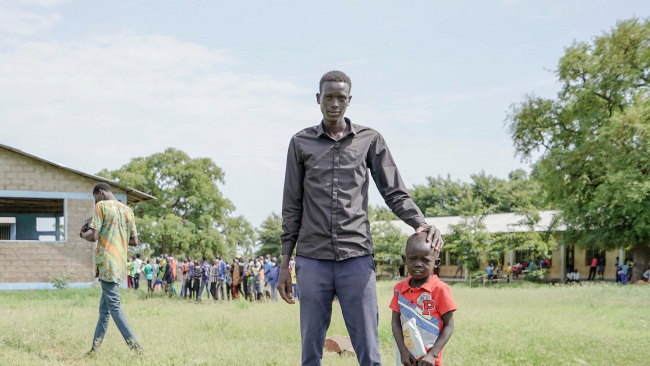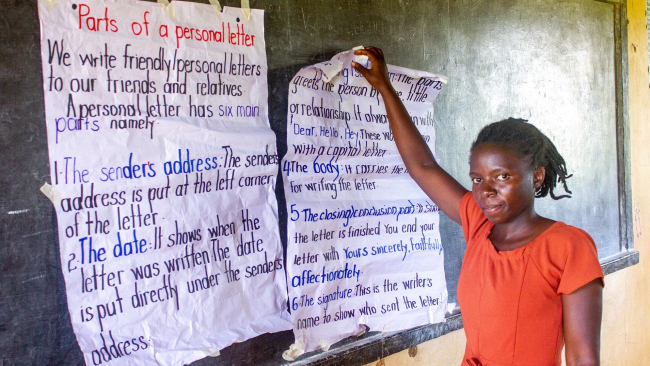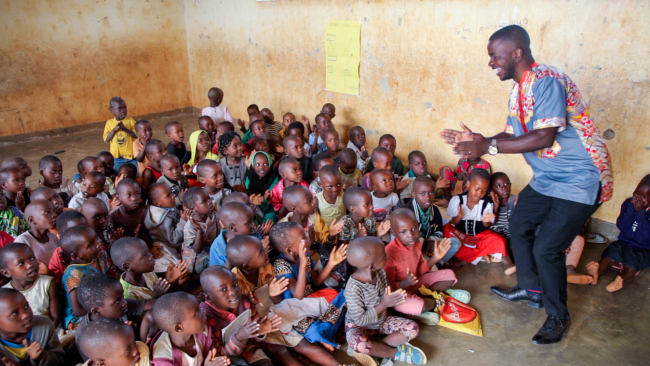The present study on education sector reconstruction in Burundi differs from the others in the IIEP series on Education in Emergencies and Reconstruction since it was written while conflict was ongoing in the country under investigation. Numerous peace accords had been signed, and a major one in 2001, but it was proving difficult to draw in all the rebel movements and militia into the peace process. Burundi moves, still, at a painfully slow pace, towards reconciliation. Nothing can be taken for granted. No one dares to hope too much. The study provided an opportunity for examining coping strategies and initial recovery strategies during a period of ongoing strife. The country has moved from the explosive crisis in 1993, to a series of major upheavals in 1996-1998, including a coup d’état and a consequent international trade embargo, to a period of intermittent attacks, until recently. A transitional government was sworn in, in 2001, in an attempt to share political power between Tutsi and Hutu. Elections proposed for the end of 2003 were postponed to 2005. At the time of going to press, a few months after elections, the path to peace looks more and more attainable. This study is an analysis of decade-long survival strategies in the education sector during a period of conflict, the attempts made to salvage and rebuild the school system, and the traps in uncontrolled and runaway development and, contrarily, in structural inertia, that awaited the unwary. The study leans heavily on a historical perspective for investigating allegedly deep-rooted social discrimination in the country which is blamed for repeatedly causing bloodshed since independence in 1962, and which explains major disparities in education provision.
Year
2008
Pages
316
Series
Education in emergencies and reconstruction
Countries
Resource Types
Languages





